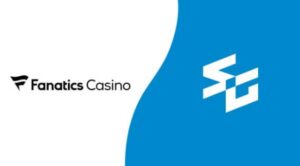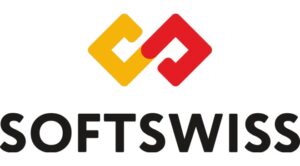Key Moments:
- The Nevada Gaming Commission unanimously approved significant changes to private salon rules after nearly a year of discussions.
- The minimum financial requirement for salon entry dropped from $300,000 to $20,000.
- Updated regulations allow greater flexibility in betting limits and expand eligible games to include high-stakes poker.
Regulatory Shifts Target High-End Gamblers
Nevada has introduced a sweeping set of reforms to its high-limit gaming salons, lowering decades-old barriers as the state seeks to respond to fewer visitors and growing pressure from international competitors. The Nevada Gaming Commission’s unanimous vote follows extended consultations with major casino firms, producing the most substantial update to salon rules since 2008.
Background: Adjustments Over the Years
Private gaming salons were established in 2001 and later modified during the Great Recession to maintain interest from affluent players during times of economic challenge. Now, with Las Vegas tourism numbers under strain and a spotlight on casino compliance performance, regulators have recognized the need for more accessible VIP experiences.
Salient Updates to Salon Policy
The changes introduce a significant reduction in the threshold to qualify for access, cutting the previous $300,000 entry minimum down to $20,000. The modifications also grant casinos the ability to seek approval for customized betting minimums, and poker is now permitted within private salons provided tables open with a $20,000 buy-in and at least $10,000 per player. Additionally, guests can now remain in salon play areas for up to twenty-four hours without the main account holder present, a notable increase from the previous six-hour limit.
| Requirement | Previous Policy | New Policy |
|---|---|---|
| Minimum Entry Threshold | $300,000 | $20,000 |
| Guest Access Time Without Primary Patron | 6 hours | 24 hours |
| Poker Eligibility | Not approved | Allowed with $20,000 buy-in, $10,000 per player minimum |
Balancing Market Growth and Compliance
While these updates are intended to stimulate more high-stakes action, regulators flagged risks surrounding guest oversight and compliance obligations. Recent penalties against casinos for anti-money laundering lapses have put emphasis on internal controls, but the commission signaled confidence in operators’ ability to manage their expanded responsibilities under the new framework.
Industry Response and Future Outlook
With these regulatory changes in place, major operators including Wynn, MGM, and Hard Rock have more tools to attract and serve high-value clients in a competitive environment. The potential impact on both revenue and tourism remains uncertain, but Nevada is clearly positioning its VIP salons to better compete for the world’s top-tier gaming customers.
- Author


